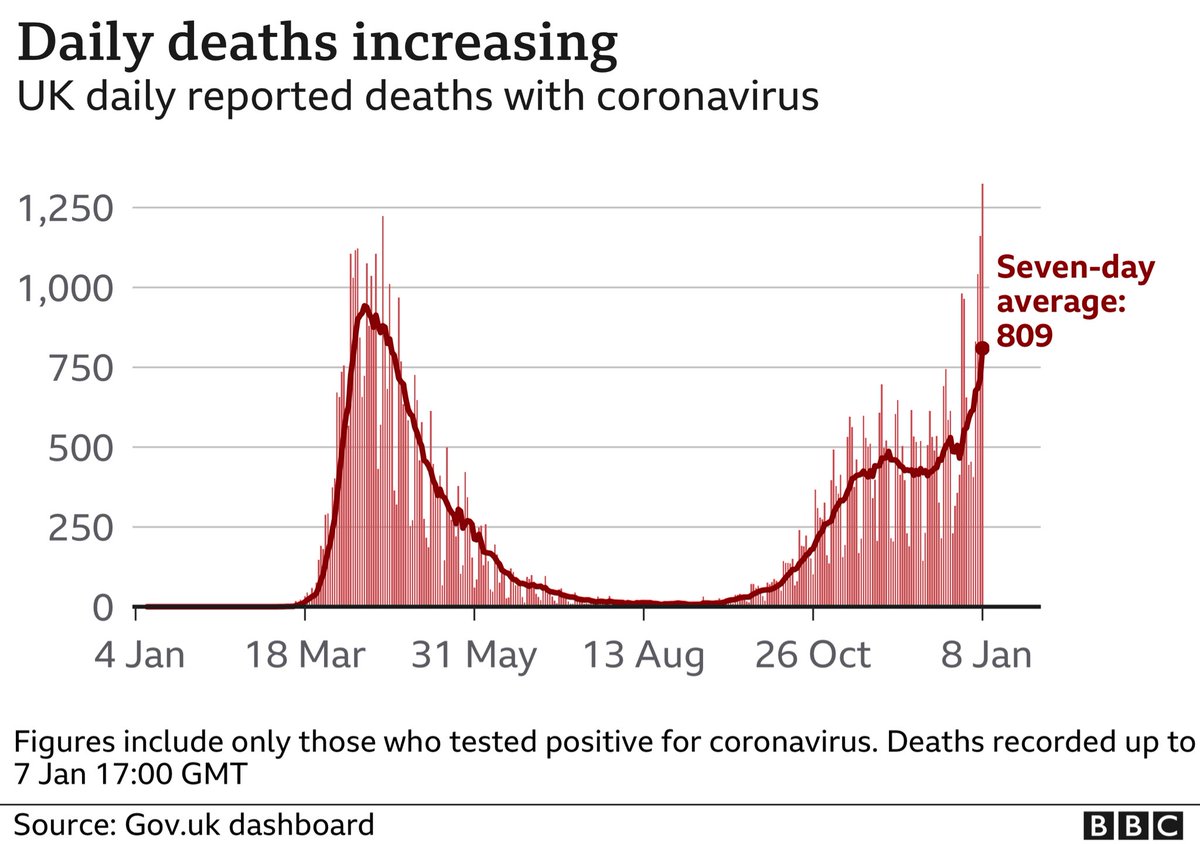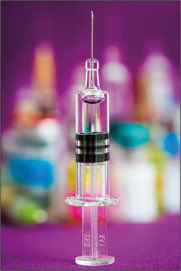
Some people think we overpay for only incrementally better medicines. That only home runs deserve high prices. But as in baseball- most are trying as hard as they can & job is to at least get on base. Sometimes, biology allows for a home run, but it’s not the strategy.
However you reward progress, it just takes a certain level of revenues to support industry of certain size, baseball or biopharma. Not paying for singles means paying more for home runs. It means less certain employment since not every disease lends itself to big breakthroughs.
But if you offer little reward for just getting on base in, let’s say, pancreatic cancer or lupus, which are tough pitchers, then no one will bother to step up to the plates against them. Those players will only want to go up against diseases where bigger advances seem possible.
And once those become a slog, innovation will stop. So it’s important to reward progress, even if it’s slow. The FDA, with input from patients & physicians, oversees what increments are clinically meaningful. Companies that exceed that bar get paid. Rest go home without pay.
Rewards have to feel within reach within a reasonable time and with a reasonable amount of money. Yet what’s reasonable may surprise you... we’re talking over a decade and billions. It’s amazing that biopharma industry exists given its risks (20y ago it looked like it wouldn’t).
So to say “no, you have to develop drugs that are even better than what FDA says is good if you want to get paid,” as some people do when they say drug prices are too high and progress is too incremental, just makes everything riskier and less compelling.
Millions work in the biomedical industry. Those are good jobs, many require advanced training, & they help improve life. Most of those jobs are necessary for the current pace of progress. Some may think sales & marketing is a waste, but it’s not. New info must be disseminated.
Some may think that a lot of R&D is wasteful, that they would know which trials not to do. I have thought that at times. But the truth is that you can’t entirely remove “waste” from creativity. And you can’t know what’s really waste until after (except sloppily designed trials!).
Trials of drugs I thought would never work turn out to work and launch new fields. So we have to let seemingly crazy ideas have their chance. Innovators are pitching their ideas to many investors & it doesn’t matter if most think an idea is bad.
If one or a few investors see merit in an idea, then that’s the market speaking, giving the idea a shot. it’s can be informative to seemingly “waste” some money on unlikely stuff so that you can remain confident that it’s indeed unlikely... or get the data to catch your error.
Besides paying for all those jobs, the revenues earned by all the expensive drugs on the market today allow for a little, about 10%, as profits. (10% seem low? Look at whole industry, not just most profitable). Some goes to employees who have stock.
The rest of profit is reward to investors for having risked their savings on that particular company. If an innovator can’t promise an investor that, in the unlikely event of success the drug will earn enough revenue to allow for profit, then why would an investor fund them?
To give money towards a project with no expectation of a return is called philanthropy, which funds much less innovation than when society has a demonstrated willingness to pay for a product (as we all do by signing up for insurance plans that cover medicines we need).
No one LIKES paying for anything. But consider that it’s not illegal for someone to start an insurance plan that simply won’t pay for a lot of branded medicines. It would save you maybe 10% on premiums since branded drugs are <10% of healthcare expenses.
The reason such plans aren’t popular is b/c people actually want to get access to modern medicine should they fall ill... they want that more than they want to save that 10% on premiums. It’s a consumer choice. Workers wouldn’t take a job that offered that plan. Market speaks.
The moment plans that don’t cover new drugs start getting traction, that’s a powerful signal that American consumers no longer value the progress that the biomedical industry is capable of today at current levels of compensation for labor and investment risk.
When voters grant government the right to just not cover uniquely effective drugs that government officials declare are “too expensive” based on government math, we’ll know that consumers don’t care to spend their tax dollars on progress today’s industry is capable of.
And then if industry just can’t make new drugs for less... with less & lower paid workers, with less investment dollars... then biomedical innovation becomes an impossible business proposition. It would be like demanding a $100 plane ticket to Tokyo from New York.
You can insist that you won’t visit Japan until airlines charge $100 for a round trip, but end result won’t be that you get your way... the end result is that you’ll simply stay home, with your money still in your pocket. But we’re not talking tourism. We’re talking medicines.
The industry is already pressured by investors to cut spend that seems unproductive (don’t swing for bad pitches) but to also try to score whenever possible (in innovation, there are no walks). Having 1% of Americans engaged in this endeavor of making new, better medicines....
...costs America a little more than 1% of its GDP (what little other countries get away w/ paying helps subsidize that work... indeed, would be nice if those countries didn’t push so much of cost onto America).
Last year FDA approved 59 new drugs; most will be inexpensive generics within 15 years. If we keep this up, fielding this team for 30 years, at this rate we’ll have over 1500 new medicines, ranging from singles to home runs.
It’s that relentless swinging by hardworking people that guarantees us progress. The completion among them keeps them as efficient as they know how to be. Hardly perfect, but fluid, adapting. A market of ingenuity. Reward long term steady progress & and we’ll go far.
Ensure that all drugs go generic without undue delay, & you’ll get value. Require that insurance have low out of pocket costs, and patients will have access. But insist on only paying for home runs & we’ll likely discover most of players no longer see a viable career in the work.
If you made it this far, consider reading my book on how biomedical innovation really works, how insurance should work, and how we can reform both industries so Americans can have affordable access to today’s medicines w/ hope for continued progress. thegreatamericandrugdeal.com
• • •
Missing some Tweet in this thread? You can try to
force a refresh





